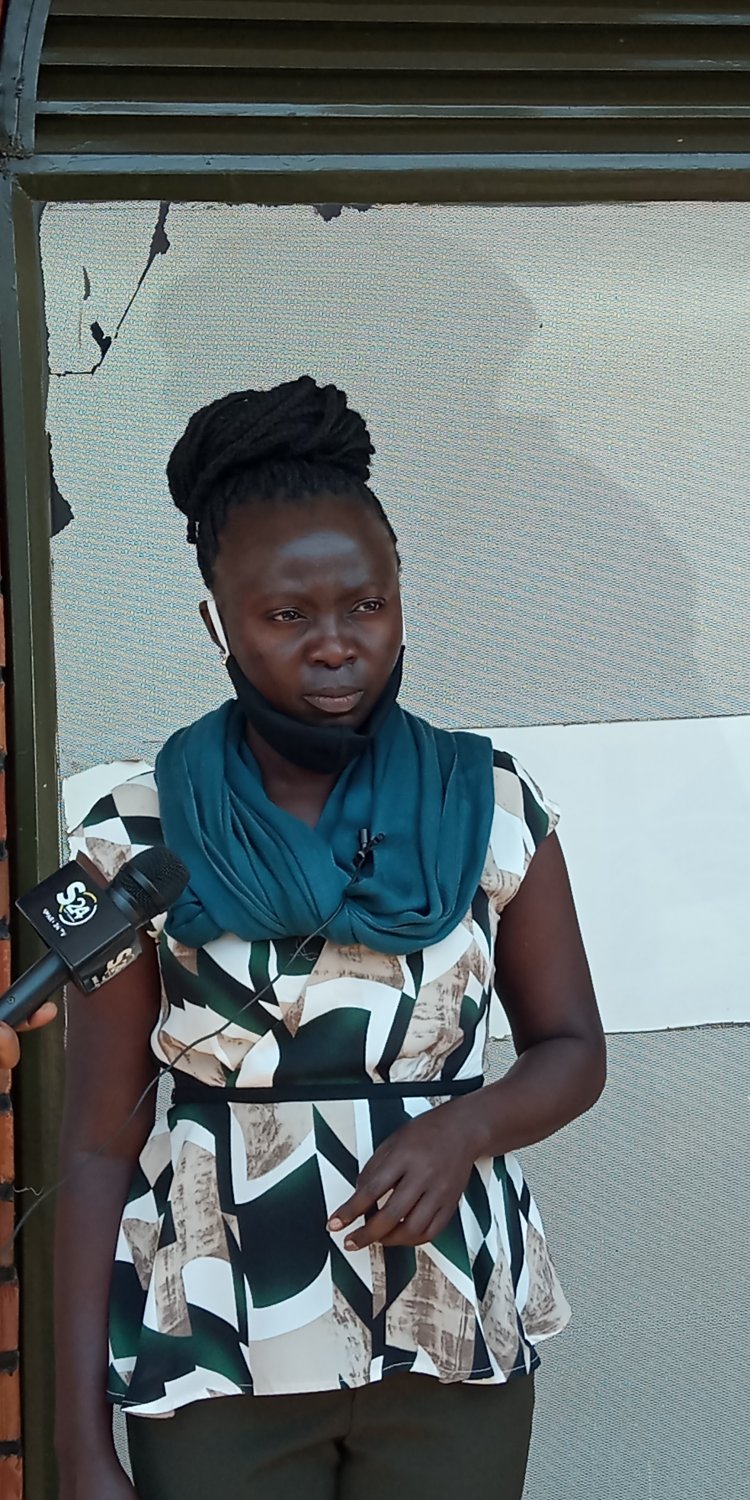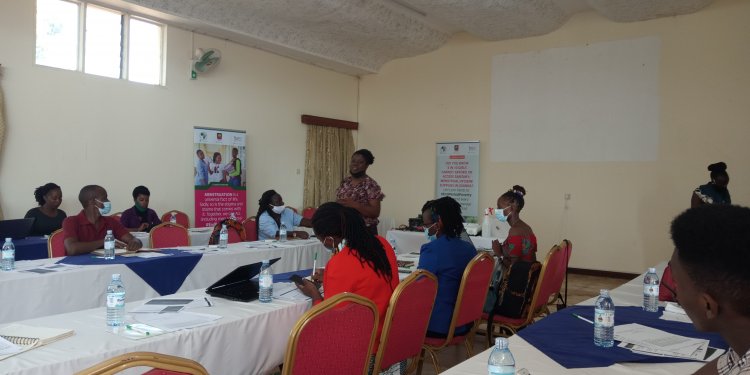Inadequate funding , lack of a national CSOs alliance undermining Menstrual Health and Hygiene Management: CSOs report.
....though there are existing policies, programmes, interventions in mainstreaming approach across sectors, there are significant gaps in funding implementation of evidence based models, and monitoring indicators.

Civil Society Organisations (CSOs) in the areas of Menstrual health and hygiene Management (MHHM) have expressed concerned over the low funding of the MHHM in the water and sanitation sub sector and lack of a national CSO alliance as major causes of continued lack of clean water for washing, safe private places for changing, and adequate blood absorbing material in school and out of school menstruating girls.
In two studies conducted by Africa Youth Development Link (AYDL), Health plus Development Communication (HeDCO) and Together Alive Initiative (TAHI) to examine the need for and feasibility of establishing CSO umbrella network and mapping to take account the MHHM advocacy landscape in Uganda found out that though there are existing policies, programmes, interventions in mainstreaming approach across sectors, there are significant gaps in funding implementation of evidence based models, and monitoring indicators

During a multi-stakeholder consultative review workshop (pictured above) organised by AYDL, HeDCO, and TAHI held in Thursday 25th March 2021 at Nob View Hotel in Kampala, The Head of Programs, AYDL, Teopista Kizza said that many girls in Uganda according to the findings of the study are especially those living in rural areas, poverty stricken urban areas, refugees facilities and others don’t have appropriate access to information, menstrual health management facilities and affordable and effective materials.
She called upon all sectors including line ministries, schools, CSOs, parents to rise up as a concerted effort to address the challenge of menstrual health and hygiene management including increasing allocation of more funds for schools to provide sanitation facilities, including menstrual issues in primary school curriculum among other solutions.
“ According to the study by IRC- WASH and SNV, close to 4 million girls in Uganda live without proper sanitation care, they instead resort to unhygienic materials that put them at risk of infection. Its important to bring all sectors to improve sanitation “
Adolf Muhumuza, ED Youth in Action for Development Initiative, there is need to mobilise other players to form a consortium to jointly speak to stakeholders to ensure that the gaps existing management of menstrual and hygiene is addressed.
He urged parents to be part of the management of MHHM for their young girls.
“Parents, CSOs, government need to emphasis menstrual and hygiene management to take care and listen to girls issues including father” he said.
AYDL, HeDCO, TAHI supported by a pilot grant from Water Supply & Sanitation Collaborative Council (WSSCO) are implementing the Action for strengthening collective menstrual hygiene management advocacy in Uganda. The project is aimed at examining the need for and feasibility of establishing a national CSO umbrella network for MHHM that would bring together CSOs from different sectors at different levels to take into account the advocacy landscape in Uganda.












